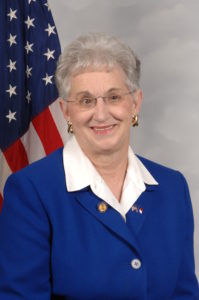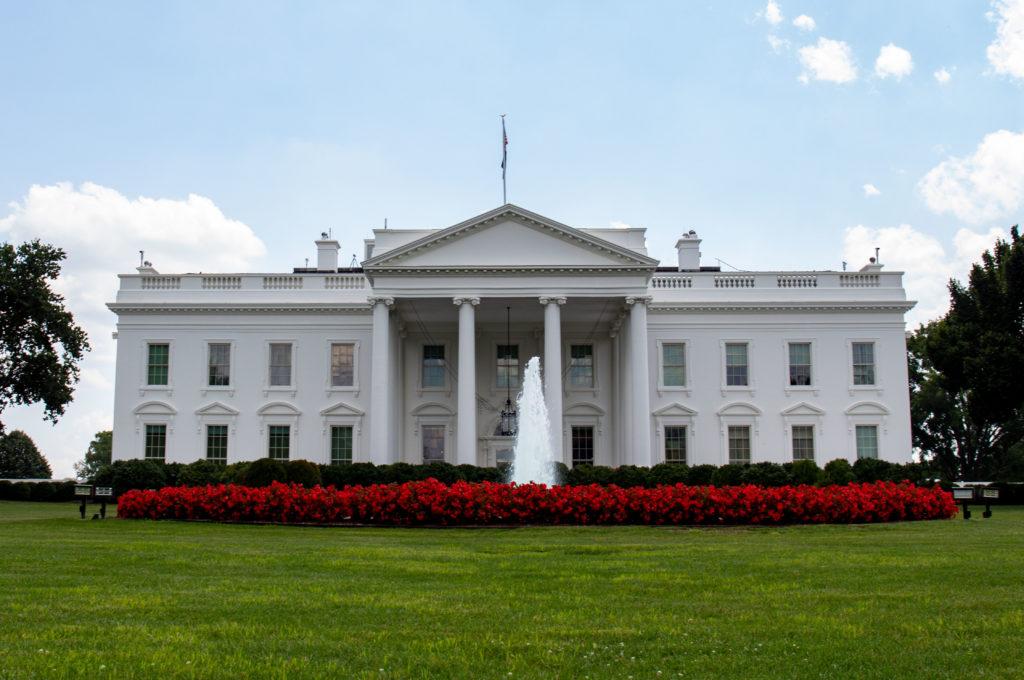
The House of Representatives passed a bill Tuesday to undo Department of Education regulations opponents called bureaucratic and burdensome.
The bill, H.R. 2117, would repeal two rules the Department of Education set for universities in 2010: The federal definition of a credit hour and a mandate for states to authorize colleges that operate within their boundaries.
Higher education activists denounced the increased costs the regulations would incur on universities trying to widen their online programs.
University spokeswoman Michelle Sherrard said the University would wait to see the bill’s significance as the Department of Education pushed back the deadline for colleges to comply with the rules until July 2014.
“We are monitoring the progress of the bill, but it is too early for us to speculate on its impact,” Sherrard said.
Universities like GW that participate in federal aid programs like Pell grants must comply with the regulations.
The bill, which was sponsored by Virginia Foxx, R-N.C., is unlikely to pass in the Senate.
“[The regulations] will stall the efforts in our country to make higher education more accessible and more affordable to everyone in the country,” Foxx said on the House floor Tuesday.
While the Higher Education Act of 1965 stipulates that states must give authorization for colleges and universities to operate there, the rule became cloudy with the rise of online learning.
Michael Lambert, executive director of the accrediting agency Distance Education and Training Council, said the states would use the regulations to gouge colleges for review fees.
He estimated that colleges would have to shell out $250,000 to $500,000 in licensing and curriculum review fees, as well as adding staff to check their compliance with regulations. He added that some states would look to gouge colleges for fees to
“It pushed a button and started a whole new cottage industry of certain states saying they assert the right to license a school that enrolls any citizen of their states. It used to be that states let sleeping dogs lie,” Lambert said. “This regulation encouraged states to become more aggressive and see this as a source of income for themselves.”
The University offers 60 degree and certificate programs that use a distance learning model. The Board of Trustees, the highest governing body at GW, allotted $2.3 million to develop mostly graduate-level online and hybrid programs in the GW School of Business and the College of Professional Studies this year.
GW’s graduate programs in business, education and nursing swept U.S. News & World Report’s inaugural list of top online-only programs in January.
Rep. George Miller, D-Calif., the leading Democrat on the House Education and the Workforce Committee, said repealing the regulations would allow colleges to inflate the number of credits and overcharge students.
“The bill before us today explicitly increases the risk of fraud, waste, and abuse in our federal student aid programs,” Miller said on the House floor. “At a time when the higher education market is in so much flux, with new kinds of programs popping up around the country and online, this is the wrong time to reopen this loophole.”
The Obama administration also opposed the bill.




